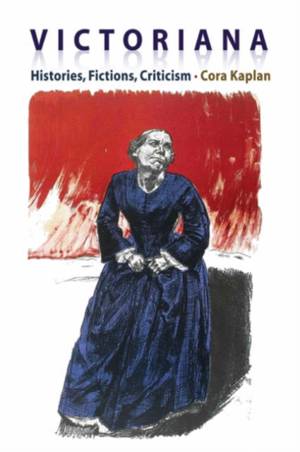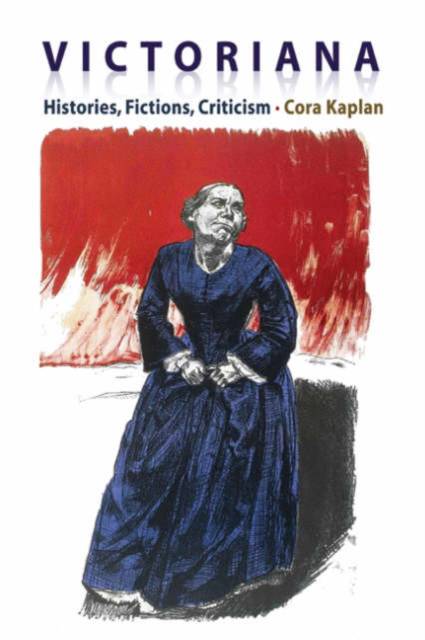
- Retrait gratuit dans votre magasin Club
- 7.000.000 titres dans notre catalogue
- Payer en toute sécurité
- Toujours un magasin près de chez vous
- Retrait gratuit dans votre magasin Club
- 7.000.0000 titres dans notre catalogue
- Payer en toute sécurité
- Toujours un magasin près de chez vous
Victoriana - Histories, Fictions, Criticism
Cora (Professor Emerita of English, University of Southampton) K
Livre broché
41,45 €
+ 82 points
Format
Description
In this book Cora Kaplan looks at the politics of ‘Victoriana’ from the 1970s to the present, a politics that emerges from the alternation between nostalgia and critique in fiction, film, biography and literary studies.
Spécifications
Parties prenantes
- Auteur(s) :
- Editeur:
Contenu
- Nombre de pages :
- 184
Caractéristiques
- EAN:
- 9780748611461
- Date de parution :
- 14-02-07
- Format:
- Livre broché
- Dimensions :
- 155 mm x 233 mm
- Poids :
- 298 g

Les avis
Nous publions uniquement les avis qui respectent les conditions requises. Consultez nos conditions pour les avis.






